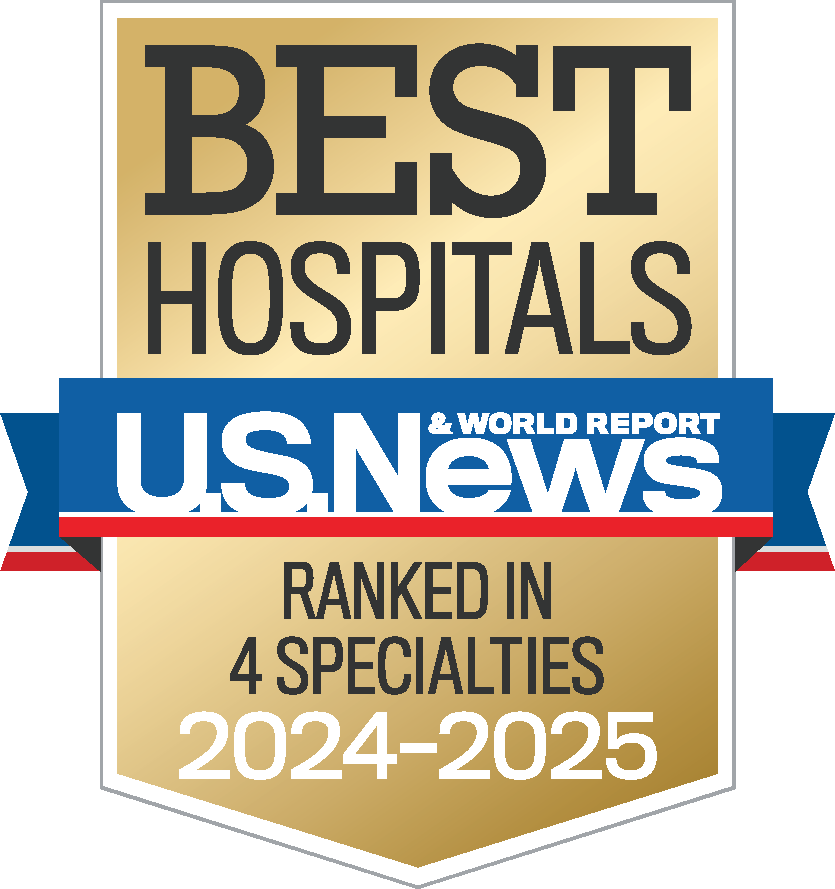Guide to self-care for caregivers + free habit tracker
OCT 26, 2021Check out these helpful resources on understanding caregiver burnout, how to ask for caregiver support, and taking breaks to get the self-care you need.
Read More Additional information about Guide to self-care for caregivers + free habit tracker


